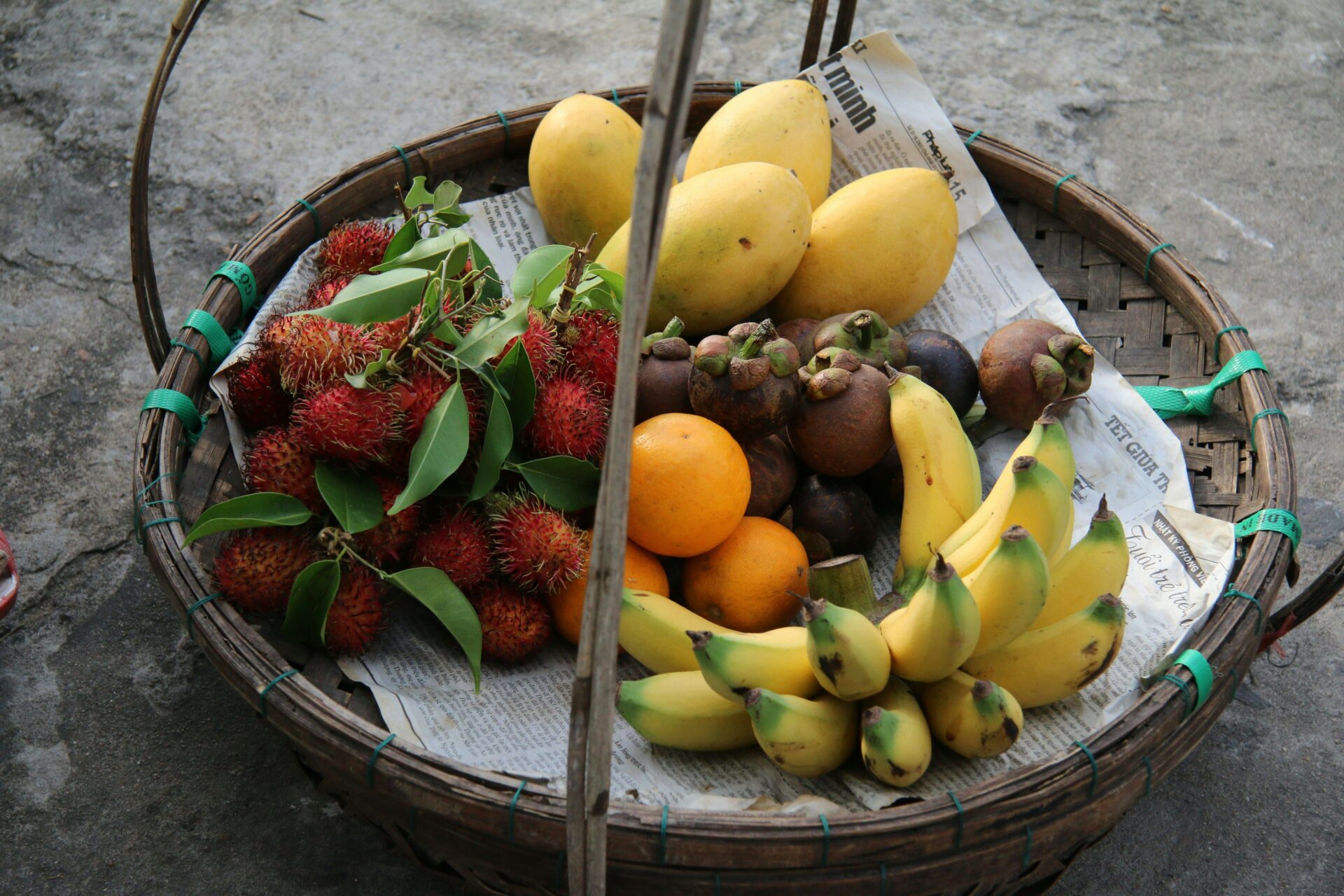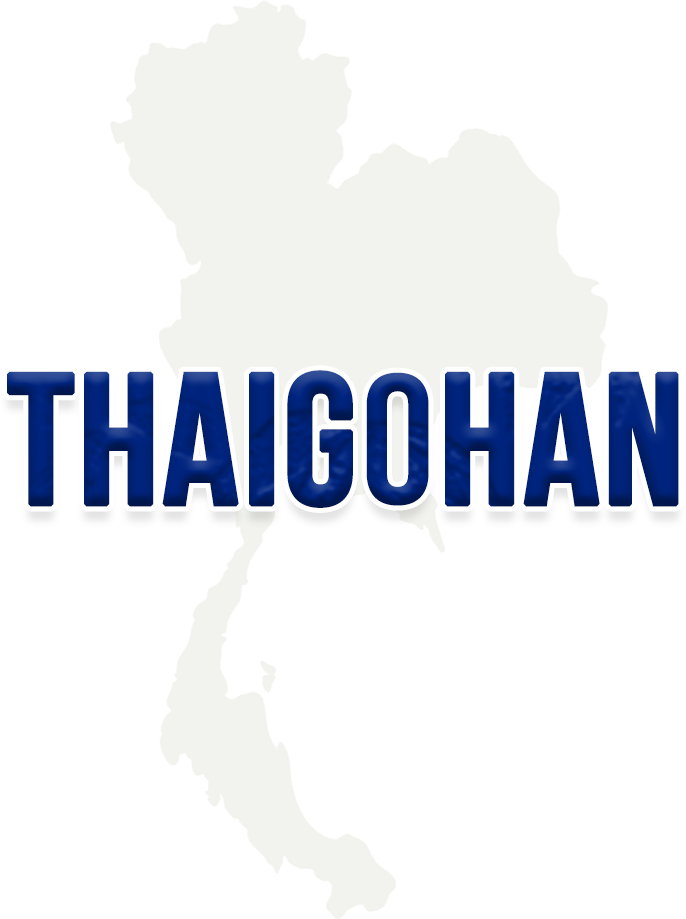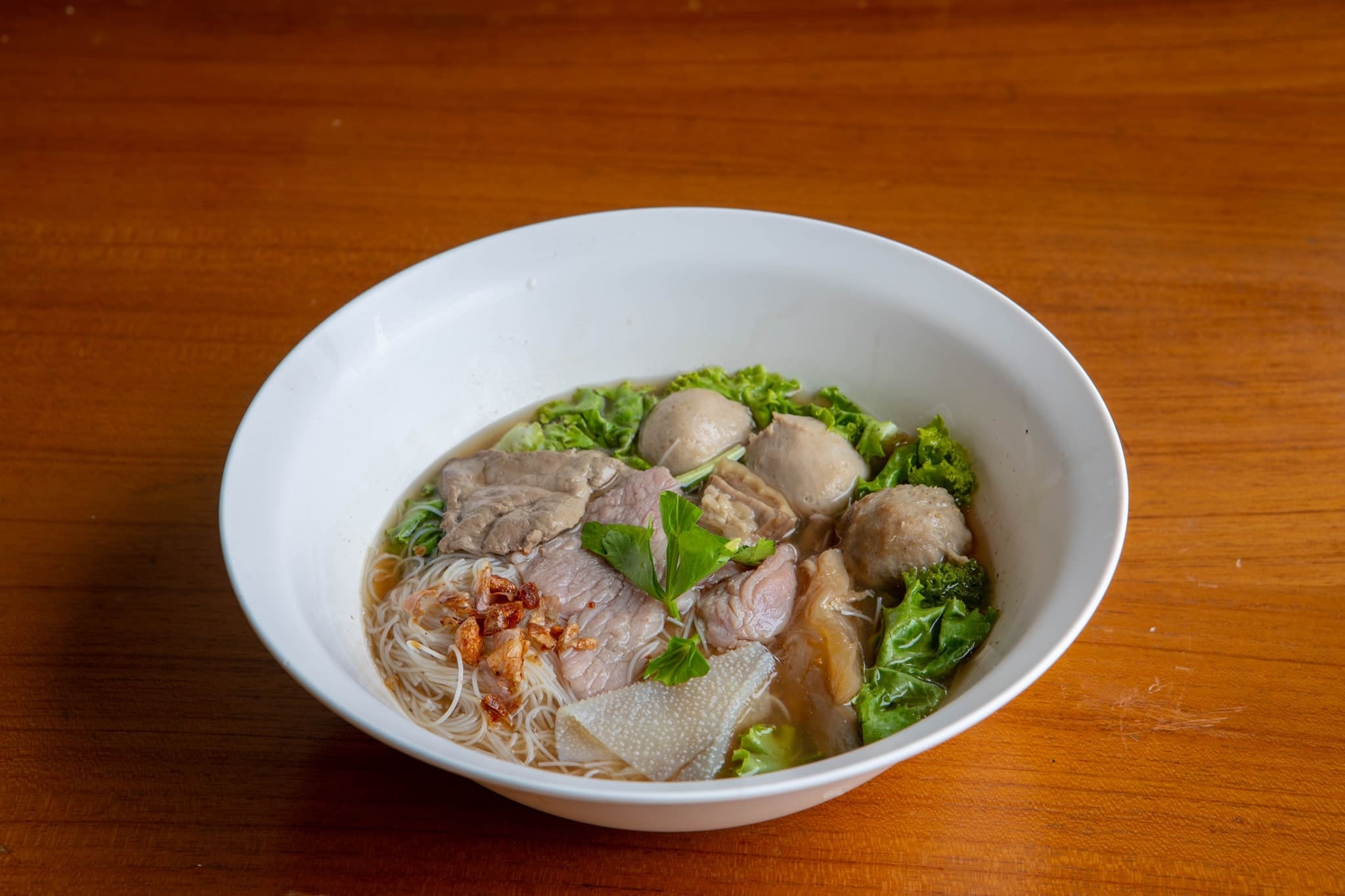Experience Bangkok Like a Local! July’s Seasonal Fruits & Best Local Markets Guide

July in Thailand is truly a paradise for fruit lovers. Across Bangkok and provincial cities, a dazzling array of tropical fruits ripen to perfection, flooding local markets and street stalls with brilliant colors and enticing aromas. Savoring these seasonal delights among local vendors is one of the most memorable and authentic experiences for anyone visiting Thailand. Here is a comprehensive guide to the best fruits of the season, top market recommendations, and tips for enjoying local fruit culture at its richest.
目次
1. Best Seasonal Tropical Fruits in July
Mangosteen
Known as “The Queen of Fruits,” mangosteen is sweetest and juiciest in July. Its thick purple rind encases pearly, white segments that balance refreshing sweetness and delicate acidity. In Thailand, mangosteen is both affordable and widely available, making it a favorite among locals and travelers alike.
Rambutan
This fruit stands out with its bright red, spiky skin but rewards those who try it with a translucent, juicy flesh. Rambutan is reminiscent of lychee but milder and exceptionally refreshing—perfect for enjoying on hot days.
Durian
Durian, or “The King of Fruits,” is infamous for its powerful aroma. However, its rich, creamy flesh is beloved by many. July is peak durian season, offering connoisseurs optimal flavor and texture. Markets frequently sell durian in convenient, ready-to-eat portions.
Mango
Some Thai mango varieties remain in season through July. Renowned for their vibrant sweetness and silky texture, Thai mangoes are a highlight of the local diet. Don’t miss mango sticky rice, a classic street dessert blending ripe mango with sweet coconut sticky rice.
Pineapple, Papaya, and Jackfruit
While available year-round, these staples are at their juiciest during the rainy season. They’re sold by the slice or as fresh juice, perfect for a quick, healthy snack.
2. Recommended Local Markets & Spots
Or Tor Kor Market (Bangkok)
Located adjacent to Kamphaeng Phet MRT Station, Or Tor Kor Market is one of Thailand’s cleanest and best-curated produce markets. Vendors offer top-quality fruits, often attractively arranged and ready to eat. It’s a comfortable, tourist-friendly environment where you can safely taste and purchase a wide range of delicacies.
Sampeng Market (Bangkok, Chinatown)
In the lively Chinatown district, Sampeng Market presents a tapestry of street food, fruit stalls, and local color. Visitors can enjoy affordable fruit portions, fresh juices, and unique regional sweets while soaking up an authentic, everyday ambiance.
Chatuchak Weekend Market (Bangkok)
Sprawling and energetic, Chatuchak Market opens every weekend with thousands of stalls, many dedicated to tropical fruits and fresh beverages. Here, tourists can wander, sample, and even buy unique varieties to take home.
Warorot Market (Chiang Mai)
Northern Thailand’s major market, Warorot, is the heart of Chiang Mai’s daily life. Shoppers can find excellent local fruits, dried items, and gifts, all in a vibrant, bustling setting typical of northern culture.
Provincial Morning Markets (Talat Talat)
Across Thailand, rural towns host morning markets where growers sell freshly picked fruits direct to consumers. Arrive early to see the markets at their busiest and experience genuine Thai hospitality and community.
3. Tips for Enjoying Fruits Like a Local
Order Freshly Cut Fruits
Market vendors happily peel and slice fruit for customers, ensuring you taste the best flavors at their peak. For large or difficult fruits—such as durian or jackfruit—this service is invaluable.
Sample a Variety of Fruits
Fruits are commonly sold in small packs or even individually, letting you experiment with new flavors without over-committing. This is an excellent way to discover rare or unusual fruits you might not find elsewhere.
Engage with Vendors
Thai fruit sellers are friendly and eager to share their recommendations. Communication can be as simple as pointing, gesturing, or asking basic questions in English or with a smile. Vendors often offer tastes, suggest the best way to eat each fruit, or even share local stories.
Practice Bargaining
Bargaining is customary in traditional markets and can be a fun way to interact. Try asking, “Lot dai mai?” (Can you discount?) —a little friendliness can sometimes yield a better deal and always leads to a more memorable market experience.
Watch for Cleanliness
Select stalls that look well-maintained, especially when trying freshly prepared fruits. Some markets (such as Or Tor Kor) are specifically known for their hygiene standards.
4. Fruit-Based Souvenirs for Gifting
Dried Fruits
Slices of mango, pineapple, or coconut, preserved and packaged, make convenient and tasty gifts. The concentrated flavors and long shelf life make dried fruits popular choices in both markets and supermarkets.
Fruit Chips
Crispy jackfruit, banana, or sweet potato chips are a treat for any snack lover. These crunchy snacks offer an authentic flavor of Thailand that’s easy to pack.
Fruit Candies & Jellies
Fruit-flavored candies, jellies, and locally made preserves are available everywhere—great for children and as charming mementos.
Local Jams & Sweets
Explore jams made from tropical fruits and unique Thai sweets using coconut or bananas. Many markets offer beautifully presented gift packs that travel easily and impress at home.
5. Conclusion
July in Thailand offers unmatched access to the freshest tropical fruits—an edible celebration of color, culture, and generosity. Exploring local markets is an invitation to connect with everyday Thai life, taste regional specialties, and create vivid memories with every bite. Whether you’re in a bustling Bangkok market or a tranquil countryside town, each encounter with local fruits and friendly vendors will enrich your travels and linger in your stories long after the journey ends.
Plan your trip with a market visit in mind, and let Thailand’s seasonal fruits guide you to an unforgettable, truly local adventure.
(Photo by Unsplash.com)




